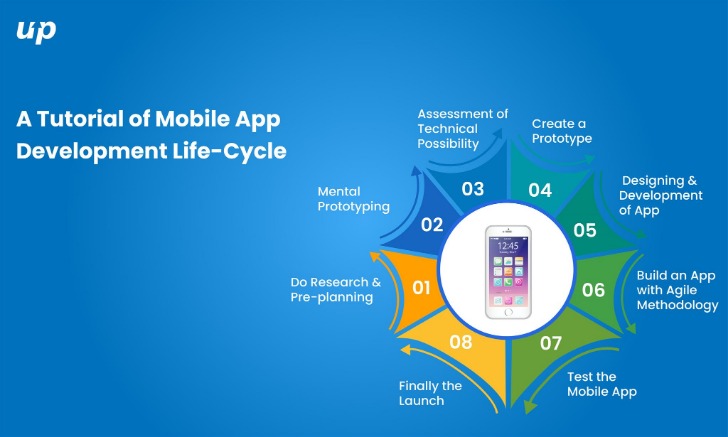In the digital age, mobile app development has become a cornerstone for innovation and connectivity. The evolving landscape of technology demands apps that are not only functional but also user-friendly and efficient. Whether it is for gaming, productivity, health, or social networking, mobile apps play an integral role in our daily lives.
The Evolution of Mobile App Development
The journey of mobile app development has been nothing short of remarkable. From the early days of basic utility apps to today’s sophisticated applications powered by advanced machine learning algorithms and augmented reality, the field has grown exponentially. With the rise of smartphones and the penetration of mobile internet, app developers have a vast playground to innovate and problem-solve.
Key Technologies Driving Innovation
Several key technologies and frameworks are propelling the mobile app development industry forward:
- Artificial Intelligence (AI): AI enhances user experience by offering personalized content, voice recognition, and efficient data processing.
- Augmented Reality (AR) and Virtual Reality (VR): These technologies create immersive experiences, particularly in gaming, education, and retail.
- Blockchain: Ensuring data security and transparency in apps handling transactions and sensitive information.
- Internet of Things (IoT): Allows the creation of interconnected systems, enabling remote control and monitoring through mobile apps.
- Cloud-Based Development: Offers scalable solutions, reducing the need for extensive infrastructure and enhancing storage and processing capabilities.
Best Practices for Successful Mobile App Development
Read more about Mobile App development here.
Creating a robust mobile app requires adherence to best practices and a deep understanding of user needs. Here are some essential tips:
- User-Centered Design: Prioritize user experience (UX) by focusing on intuitive navigation, aesthetic appeal, and accessibility.
- Performance Optimization: Ensure the app runs smoothly without draining the device’s resources. Fast load times and responsive design are crucial.
- Security Measures: Implement robust security protocols to protect user data and maintain privacy standards.
- Regular Updates: Continuously improve the app based on user feedback and emerging trends. Regular updates keep the app relevant and functional.
- Comprehensive Testing: Thoroughly test the app across different devices and operating systems to identify and resolve any issues before launch.
The Future of Mobile App Development
The future promises even more exciting developments in mobile app development. With the advent of 5G technology, we can expect faster, more reliable mobile internet, expanding the possibilities for app functionalities. The integration of AI, IoT, and other emerging technologies will continue to redefine what mobile apps can achieve, making them more integral to our daily activities.
Moreover, we will see a growing emphasis on cross-platform development, allowing developers to create apps that can seamlessly operate on multiple operating systems, thereby reaching a wider audience. As the competitive landscape intensifies, developers must stay ahead by being innovative, adaptive, and user-focused.
In conclusion, mobile app development is a dynamic field poised for remarkable growth and transformation. By leveraging advanced technologies and adhering to user-centric practices, developers can create powerful, impactful apps that shape the future of digital interaction.
